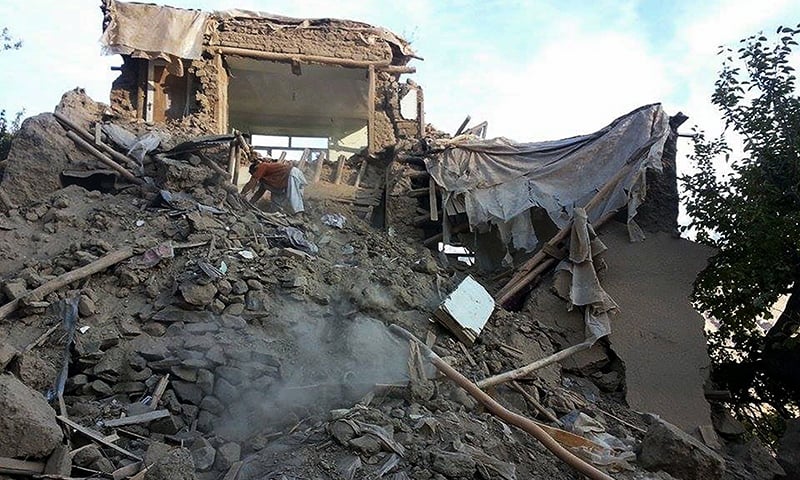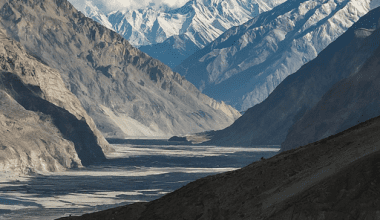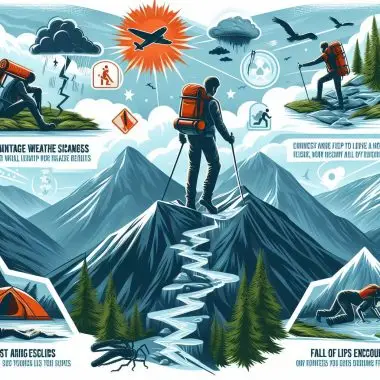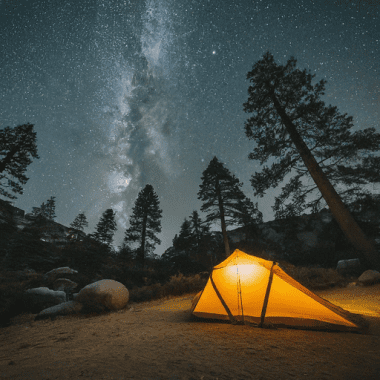How to Survive an Earthquake in the Mountains
Earthquakes can be particularly dangerous in mountainous regions due to factors like unstable terrain, potential landslides, and the isolation that can make rescue efforts difficult. Here’s a guide on how to stay safe during an earthquake if you’re in a mountainous area:
Before the Earthquake
- Know Your Surroundings: Familiarize yourself with the potential hazards in your area, such as steep slopes, unstable cliffs, or areas prone to landslides.
- Create a Disaster Kit: Assemble a kit containing essential supplies like food, water, a first-aid kit, a flashlight, a battery-powered radio, and a whistle.
- Develop an Evacuation Plan: Discuss with your family or roommates where you will meet in case of an earthquake and how you will communicate.
During the Earthquake
- Drop, Cover, and Hold On: If indoors, immediately drop to the ground, cover your head and neck with your arms, and hold onto a sturdy piece of furniture. Stay away from windows and heavy objects.
- Stay Calm: Panic can hinder your ability to think clearly and act safely. Try to remain calm and focused.
- Be Aware of Falling Objects: If you’re outdoors, move away from buildings, trees, power lines, and other structures that could collapse.
- Watch for Landslides: Be alert for signs of landslides, such as cracks in the ground or changes in water flow. If you see these signs, move to higher ground immediately.
After the Earthquake
- Check for Injuries: Assess yourself and others for injuries. If necessary, administer first aid.
- Check for Damage: Inspect your home or shelter for structural damage, such as cracks in walls or ceilings. If there’s significant damage, evacuate immediately.
- Communicate: Use your phone or a battery-powered radio to contact loved ones and let them know you’re safe.
- Conserve Resources: If power is out, conserve water and food.
- Be Patient: Rescue efforts may take time, especially in mountainous areas. Be patient and follow the instructions of emergency personnel.
Additional Tips:
- Learn Basic Survival Skills: Knowing how to build a fire, purify water, and find shelter can be invaluable in a survival situation.
- Stay Informed: Listen to local news or emergency broadcasts for updates and instructions.
- Be Prepared for Aftershocks: Earthquakes can often be followed by smaller tremors, so remain cautious.
By following these guidelines, you can increase your chances of surviving an earthquake in a mountainous region and minimizing the potential risks to yourself and others.









0 comments
https://t.me/s/be_1win/849